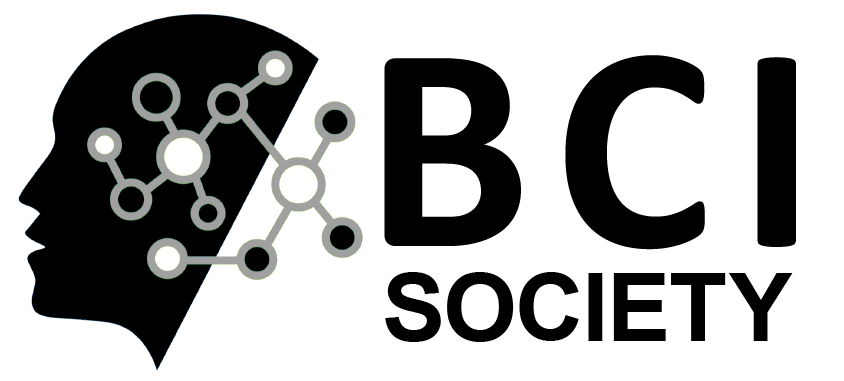
- This event has passed.
WS 5: Open-source Python tools for BCIs
April 22, 2021 @ 7:00 am - 9:00 am
4:00pm CET, 10:00am EST, 7:00am PST, 2:00am AEDT, 11:00pm CST
Registration deadline: April 15
Presenters
Pierre Clisson, Timeflux Research Group
Sylvain Chevallier, LISV, Universite Paris-Saclay
Marco Congedo, GIPSA-lab, CNRS, University of Grenoble Alpes
Raphaëlle Bertrand-Lalo, Timeflux Research Group
Abstract
The field of Brain-Computer Interfaces is currently experiencing a momentum, attracting both researchers and hackers. At the same time, more and more people rely on the thriving Python data science and machine learning ecosystem. Over the past few years, a number of tools have emerged, such as MNE for offline EEG analysis, MOABB for algorithm benchmarking, and PyRiemann for state-of-the-art biosignal classification. Yet, until recently, there was no fully open-source Python solution for actually building BCIs. Timeflux, a framework for the acquisition and real-time processing of signal streams, aims to fill this gap. During the first half of this workshop, participants will get an overview of the Python BCI landscape and will receive hands-on instructions on how to perform offline pre-processing and how to evaluate ERP classification methods. A clear explanation of the theory and practice of Riemannian geometry will also be given. The second half will focus on online BCIs: attendees will learn the core concepts driving Timeflux, how to describe processing pipelines, how to create interfaces available from a web browser, and how to easily develop their own plugins. They will also discover how MNE and Timeflux can be used together.
Intended audience
Anyone interested in practical BCIs: neuroscientists, research engineers, developers. A basic knowledge of the Python programming language is required.
Learning objectives
1. Participants will learn how to use two Python tools for offline analysis, one library for classification based on Riemannian geometry and one framework for online BCIs.
2. They will discover two ways of using MNE and Timeflux together.
3. At the end of the workshop, they will be able to implement two typical BCI pipelines from scratch: a P300 speller and a neurofeedback application.
